Master Gardeners are available to answer your toughest questions
By Bonnie Orr
WSU Chelan/Douglas County Master Gardener
July 14, 2022


WSU Chelan Douglas Master Gardeners volunteer in many ways to help community members create sustainable landscapes. The activity I am involved in most often is the Diagnostic Clinic.
Each year, hundreds of North Central Washington citizens contact us either by e-mail or phone. They show up at the Community Education Garden on Thursday evenings from 4 to 6 p.m. or on the Third Saturday events to have a Master Gardner demystify a plant problem. Often people say to us, “I didn’t think you would answer these types of questions.”
So what type of questions do we hear from the public?
Often we are asked, “What is this plant or insect or weed or grass?” We are pretty good at providing answers, especially if the plant is not from Hawaii or Mongolia. We prefer local questions because we can do follow-up discussions about the sample someone brought us or sent to us as a photo via e-mail. Some people just want a name for the species; others want to know what to do to solve a problem.
Our answers in the Diagnostic Clinic are shaped by the science from Washington State University. We all know folk remedies or those applications that Uncle Fred used, but it is better for us, for our citizens and for the environment if we pay attention to what the science tells us are best practices.
We have found that each season we can anticipate questions on particular topics. In March, people ask us about lawn fertilizing, thatching and aerating.
In April, we distribute many spray schedules to people who grow backyard fruit. Backyard fruit must be protected from harboring insects that could affect adversely our fruit industry.
In May, everyone wants to garden right now! We often have to share information about soil and air temperatures that affect the germination of seeds and the health of transplants. This year, we were still fielding questions about dead branches on shrubs and trees that could have been damaged either by the winter cold, the April snows or the extreme heat from last June.
June was cool, but it did not slow down the pests that feast on succulent new growth. It was cooler and also wetter than normal; the slugs were having a hay day, so we advised about slug bait that contains iron phosphate that kills slugs but does not affect pets nor birds. We suggested that aphids can be most effectively eliminated by rubbing them off or by blasting them off with a spray of water.
Each year we are asked about leaf damage to a variety of plants. It is common to respond that the damage is due to herbicide. Often when herbicide is sprayed during our windy days, it blows further than anticipated and affects the plants we are growing rather than just the weeds that were the target of the weed-killing product. We are asked about problems with conifers and other trees and bushes that have absorbed herbicide applied to lawns and flower beds.
Here we are in July. Tomatoes have had a rough spring with cold air and soil temperatures. The No. 1 question is about those dark, mushy spots on the bottoms of tomatoes. Blossom-end rot, the most common problem with tomatoes, is caused by irregular water. The plant wilts for a few hours during the heat of the day and decides to save itself by sacrificing its fruit. It can lose these first fruits and survive to grow more. Another cause of blossom end rot is excess nitrogen fertilizer. Generally, the WSU Master Gardeners recommend that fertilizer not be applied after the flowers appear on the tomato plant.
All season long we field questions about irrigation practices: how often to water, how much water to be applied. Our first response is to ask what type of soil is in your landscape. Master Gardeners can guide you to determine your soil type and then suggest ways to save water and create a sustainable lawn.
So you see, you can contact us to ask myriad questions. Please do. Our email address is chelanmastergardeners@gmail.com.
or visit:
Plant & Insect Clinic | Chelan & Douglas Counties | Washington State University (wsu.edu)
More from Bonnie
Don’t rest on your gardening laurels; it’s time to plan next year’s garden
September 28, 2022
Yes, everything is still growing, and the garden is producing…
Attack weeds this fall to reduce next year’s impact
August 31, 2022
It is nearly Labor Day, which means it’s time for…
Now that the extreme heat has passed, how’s your lawn faring?
August 17, 2022
It is August. The weather the first half of summer…
Master Gardeners are available to answer your toughest questions
July 14, 2022
WSU Chelan Douglas Master Gardeners volunteer in many ways to…
